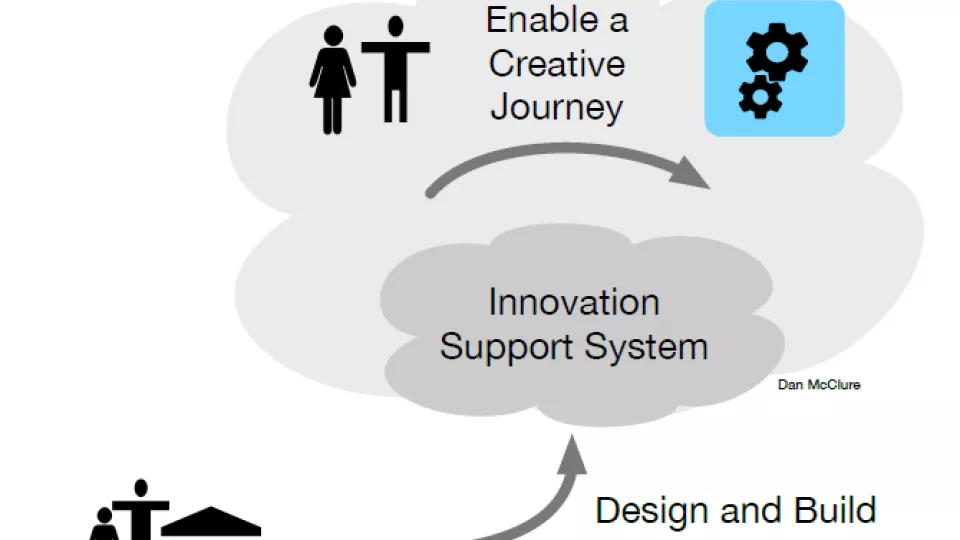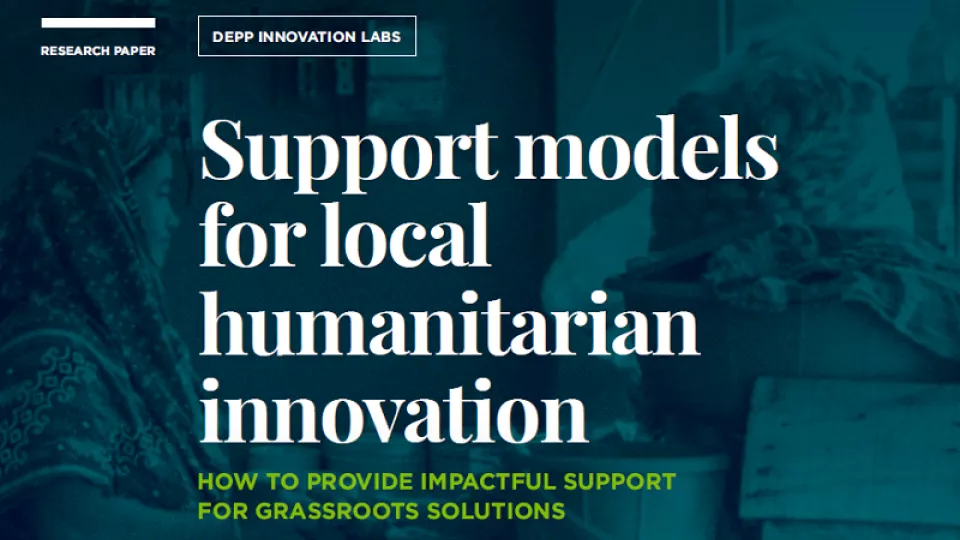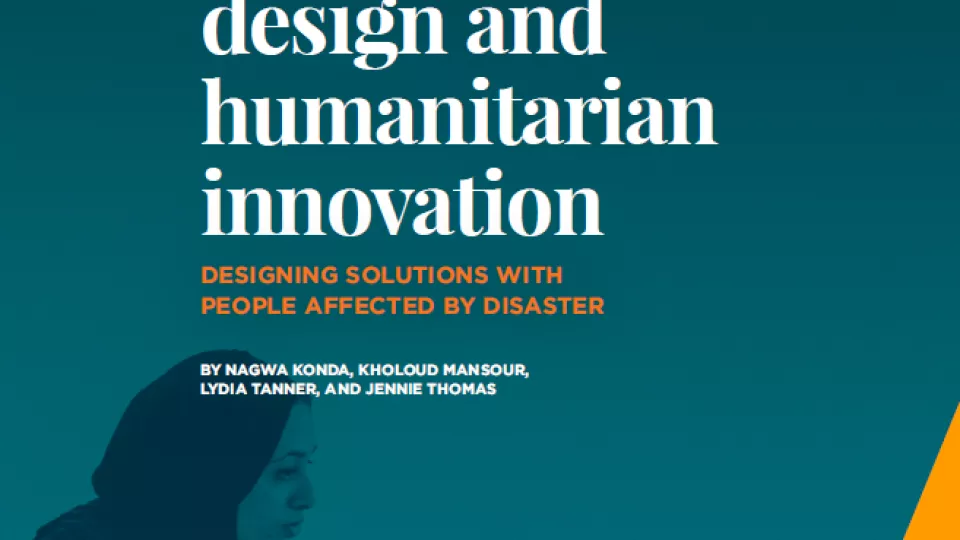
Labs and Beyond: Opportunities to Transform Innovation Support
Reimagining Systems of Support for Aid Sector Innovators To date, much of the work on innovation lab design has focused on serving individual innovators who develop well-bounded products and services. Other more complex forms of innovation, ideas that engage a diverse range of participants in a wider creative effort, have received less attention and have fewer formal systems of support. This paper explores these untapped innovation strategies and lays out the ecosystems of support they need to succeed. In this "post-lab" world, sponsors of innovation have a unique opportunity to expand their strategies for funding and mentoring impactful creative change.


